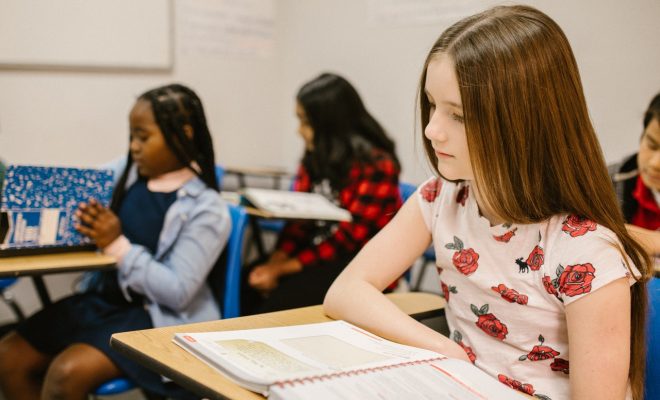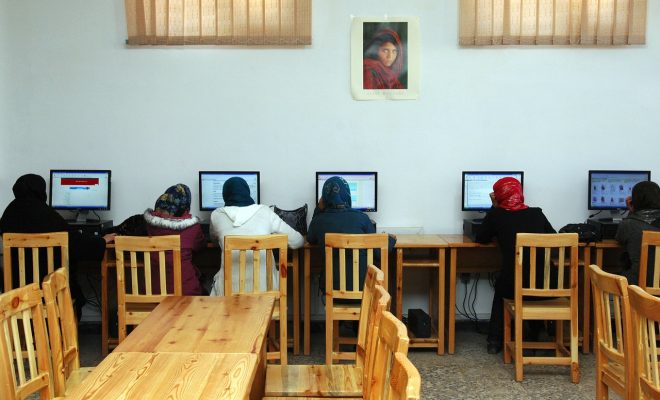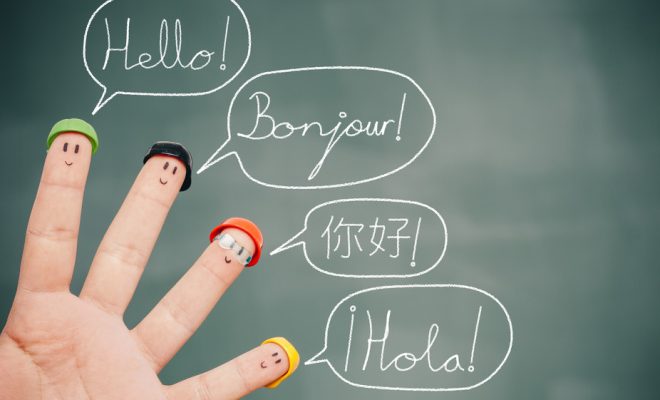How Has the Nature of Kindergarten Changed Since the Era of Accountability?

Based on recent studies and reports, experts have identified that the nature of kindergarten has changed significantly since the era of accountability, but how has this change come about?
These recent accounts have suggested that the pressures associated with accountability that we see in older grades have now essentially started to trickle down. This trickle-down effect has now started to reach early elementary grades, such as kindergarten.
How Was This Change Observed?
In essence, this change was first observed after professors noticed an increased emphasis on education for very young children, to be more precise, children who were of kindergarten age. There has been a greater focus on literacy for children in that age group than in the times before the 1990s when that emphasis was much lower.
The Paper That Signified This Change
The paper that brought forth this change reflected on substantial and significant changes that can be seen in kindergarten classrooms over a prolonged period. The researchers took a sample of kindergarten classes and observed them from the year 1998 through the year 2006. It is important to note that all of this was done while utilizing data taken from two large, nationally representative sets.
The Results Of the Study
All of the measures of change in nature linked to the accountability pressures in kindergarten observed throughout this research were seen to have changed substantially within the years of research.
Furthermore, the measures weren’t just observed to have changed, but they were also seen to change in a consistent direction with the heightened area of academic focus mentioned earlier.
More specifically speaking, in the year that the research began (1998), the data from the two large sets showed that 31% of teachers in kindergarten classrooms were vocal about their belief that their students should begin to learn how to read in kindergarten, not after progressing to later grades.
On the other end of the spectrum, in the ending year of the research (2006), researchers found that 65% of kindergarten teachers agreed with the statement made by the kindergarten teachers eight years earlier.
Thus, time spent on children increasing literacy increased by over 25% over the years. Children spent around 7 hours studying compared to 5.5 hours spent by children to attain literacy in the early years of the study.
You might have noticed a significant jump in the number of teachers who think this way. This is reflected by the fact that there has been a 25% increase in weekly exposure to literacy and subjects, such as science, physical education, social studies, and music, compared to the 1990s.
Concluding Thoughts
Of course, how teachers think is always known to have a significant impact on their school system, and by extension, the kindergarten students in that system are impacted. In association with this change in thinking, it has been found that there has been a significant increase in time spent on literacy in kindergarten.






